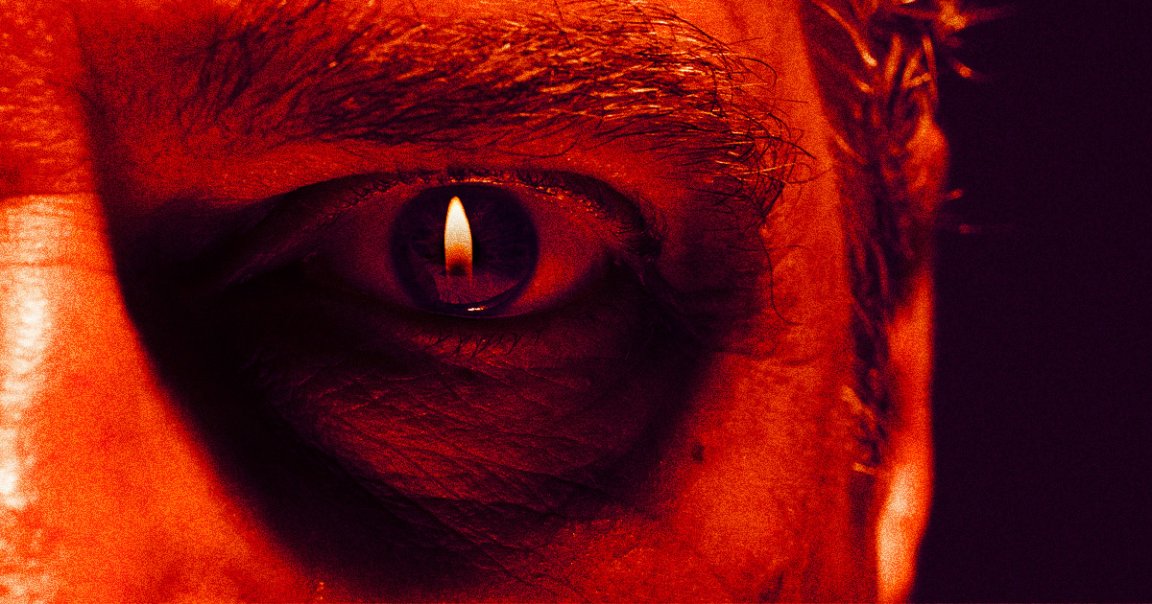
What if you woke up one day and everybody around you had the same evil, demonic-looking grimace?
This isn’t the premise of a particularly wacky “Black Mirror” episode, but is instead the actual waking nightmare for a 58-year-old man who suffers from a rare neurological-visual disorder called prosopometamorphopsia.
Researchers at Dartmouth College detailed the man’s intriguing case in a new paper published in the journal The Lancet — bizarre symptoms that once again underscore the deep weirdness of the human brain and the many things that can go wrong with its perception of reality.
“The patient stated that the distortions — severely stretched features of the face, with deep grooves on the forehead, cheeks, and chin — were present on every person’s face he encountered,” the researchers wrote, “but he reported no distortions when looking at objects, such as houses or cars.”

Fortunately, the man, who had been suffering from the condition for 31 months, didn’t have any “delusional beliefs” about the people around him. Basically, he knew his family and friends and strangers weren’t demons and that something was really off about his visual processing.
Tellingly, when the man would look at people’s faces displayed on a computer screen or on paper, their faces looked normal, according to the researchers.
In order to “see” the man’s POV, the researchers had the man look at people in front of him and compare them to a picture of the same person on a computer screen. With his input, researchers used editing software on the digital pictures to modify people’s faces so that they would match what the man was seeing with his own eyes.
In pictures accompanying the paper — and in the above YouTube video — people’s faces are pulled back and distorted. They basically look like evil, demonic elves.
The cause for prosopometamorphopsia is unknown, but the researchers did note that a cyst was found in his brain, which has also occurred in other people with the same disturbing neurological-visual condition.
There is no known treatment. It eventually goes away for some people, but for others, it’s more or less a permanent condition.
More on neuroscience: New Study Suggests Adult Brains Might Grow New Neurons